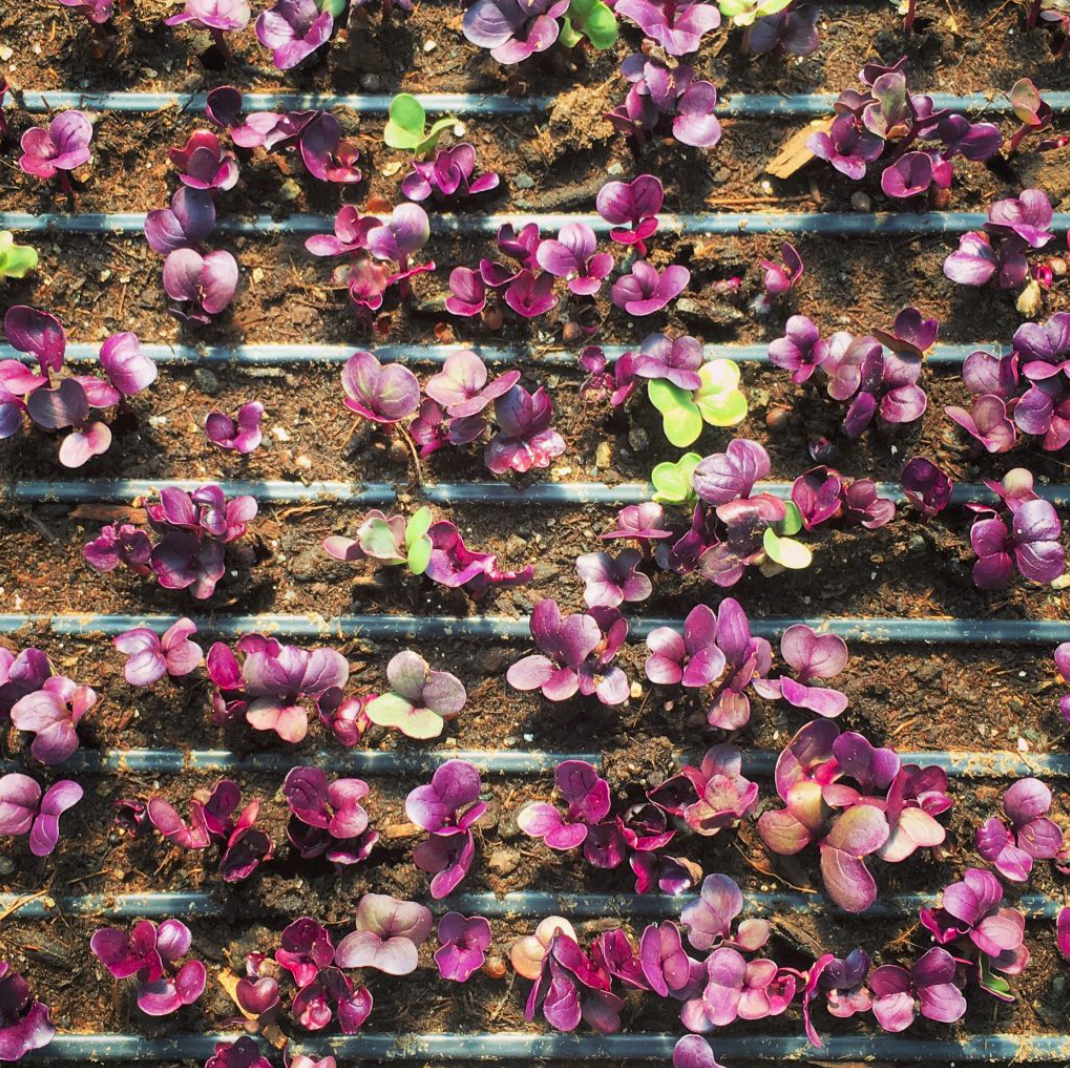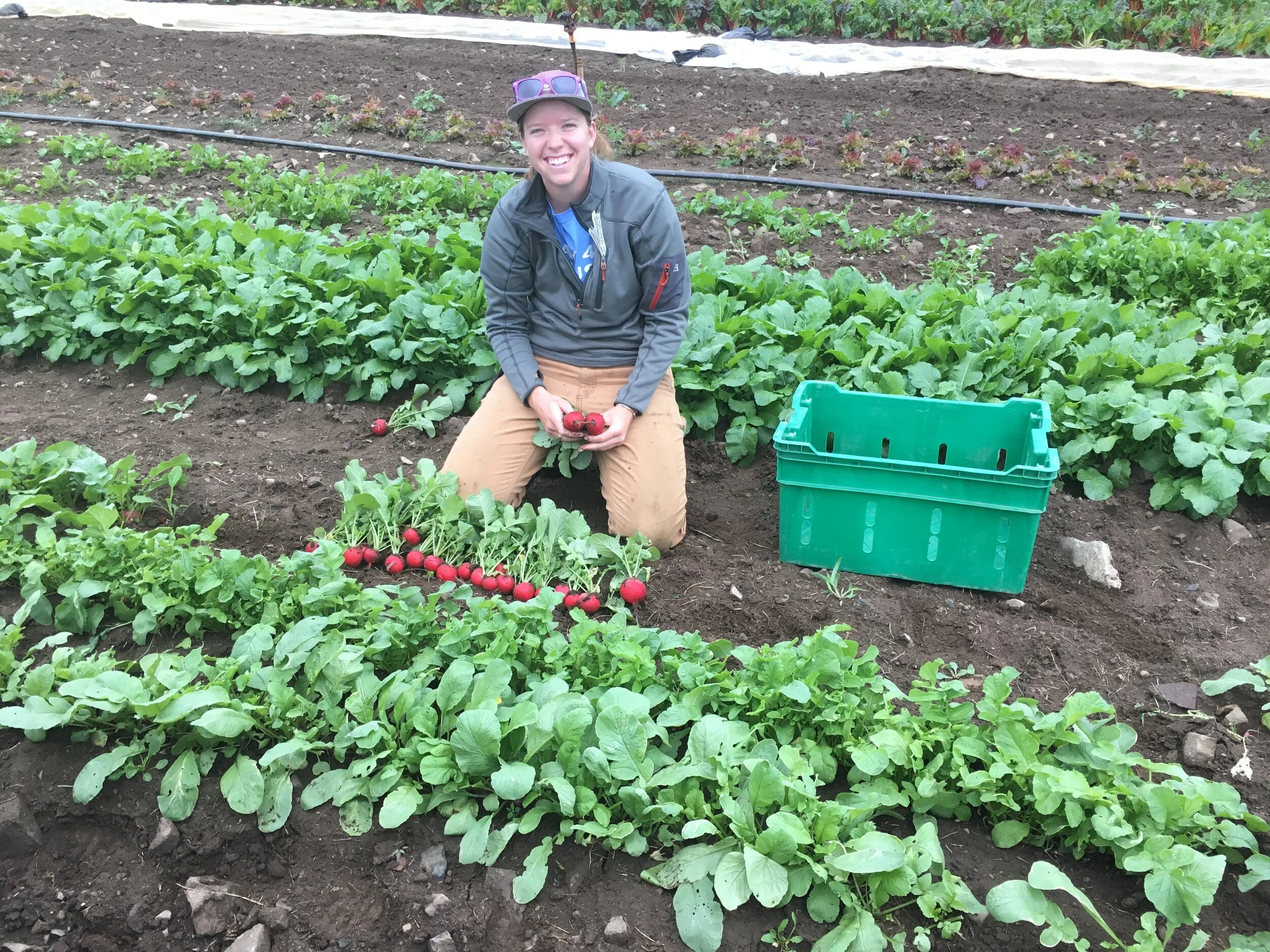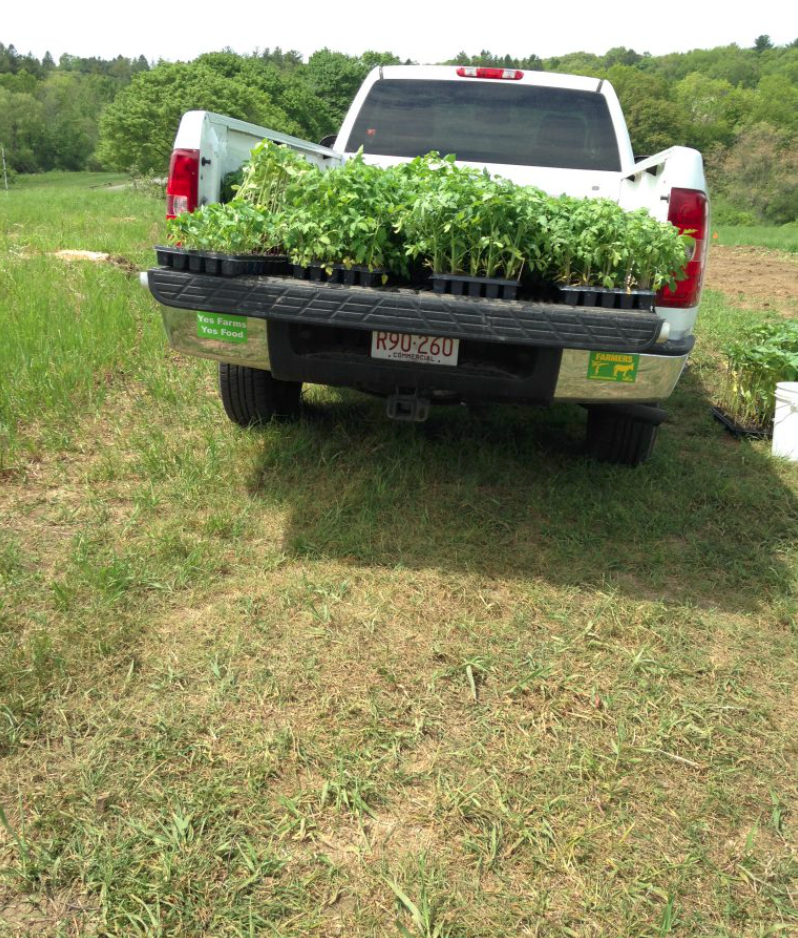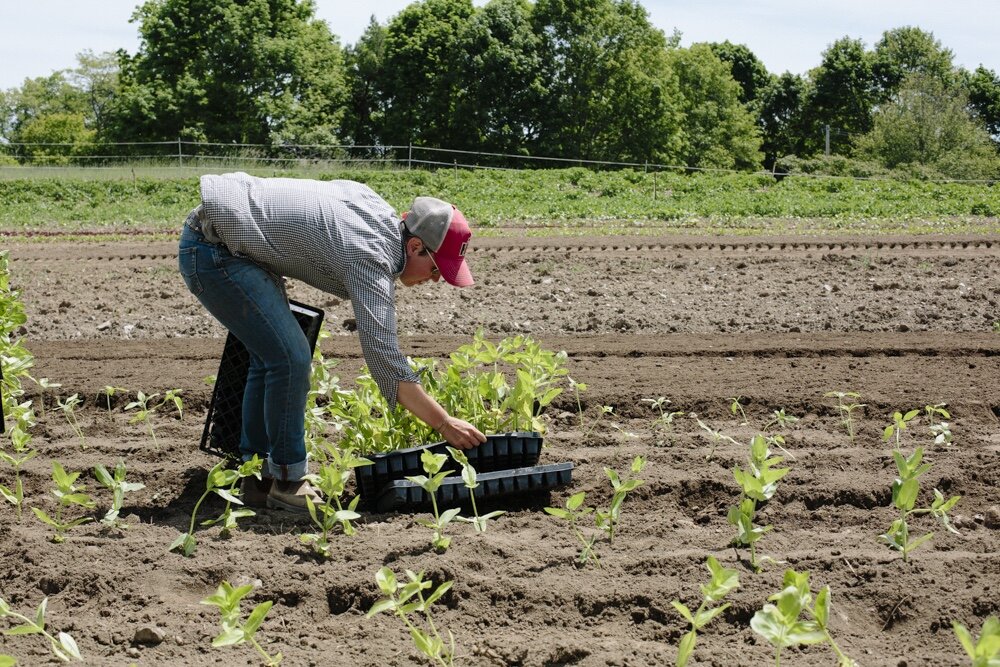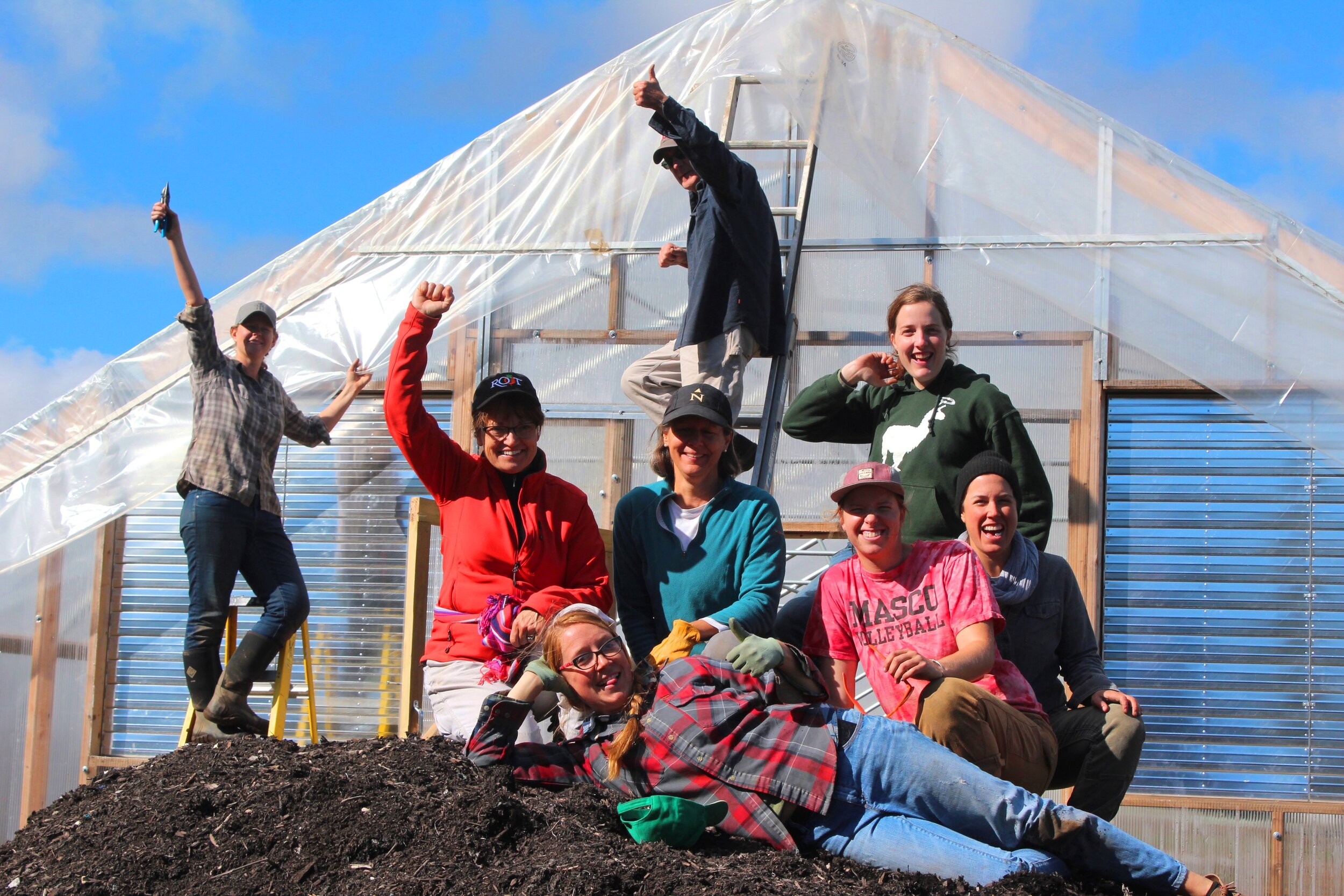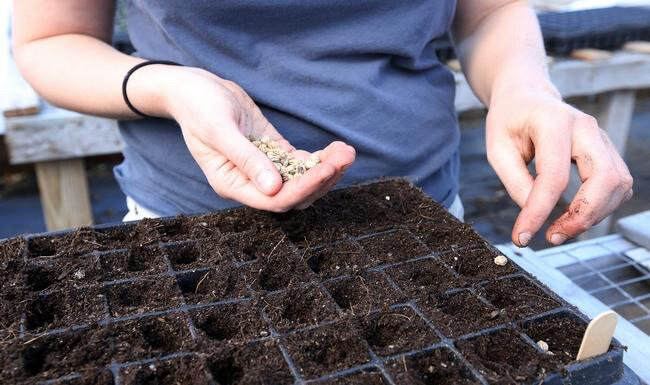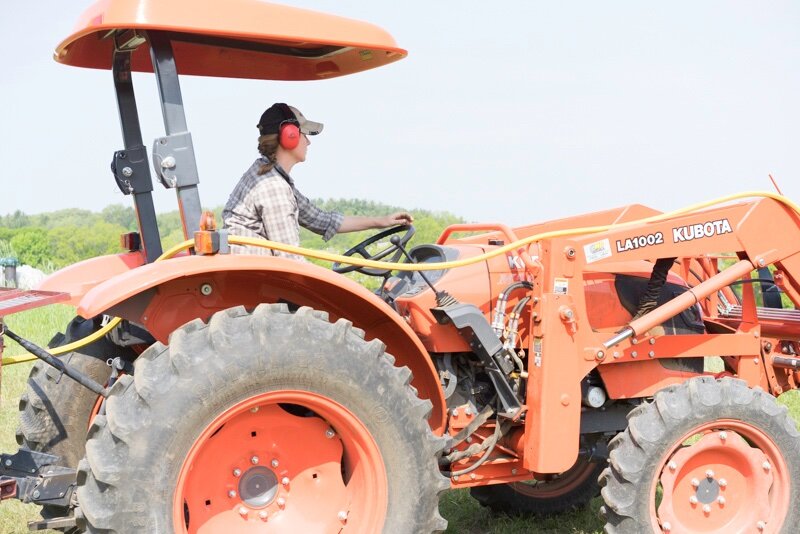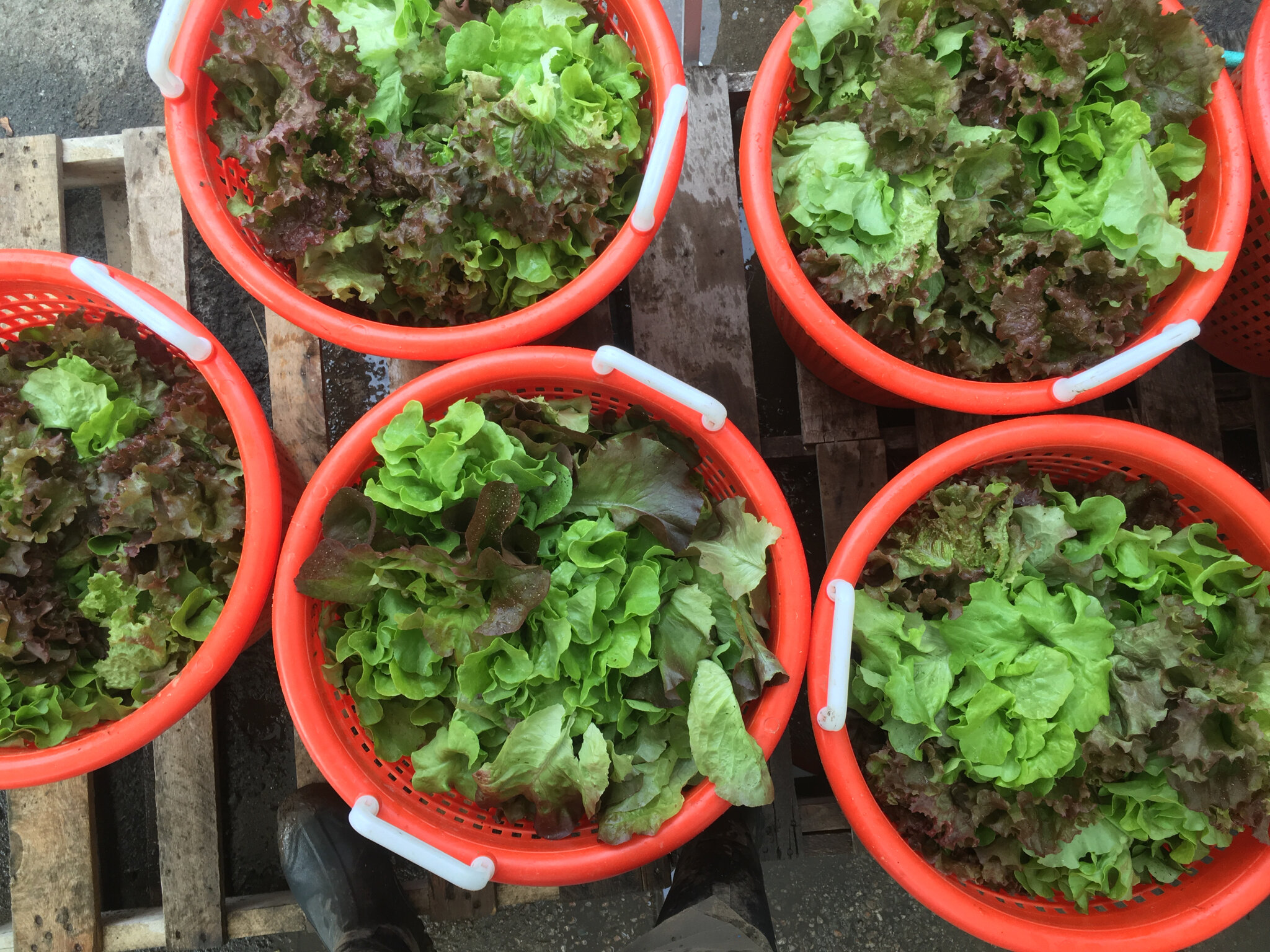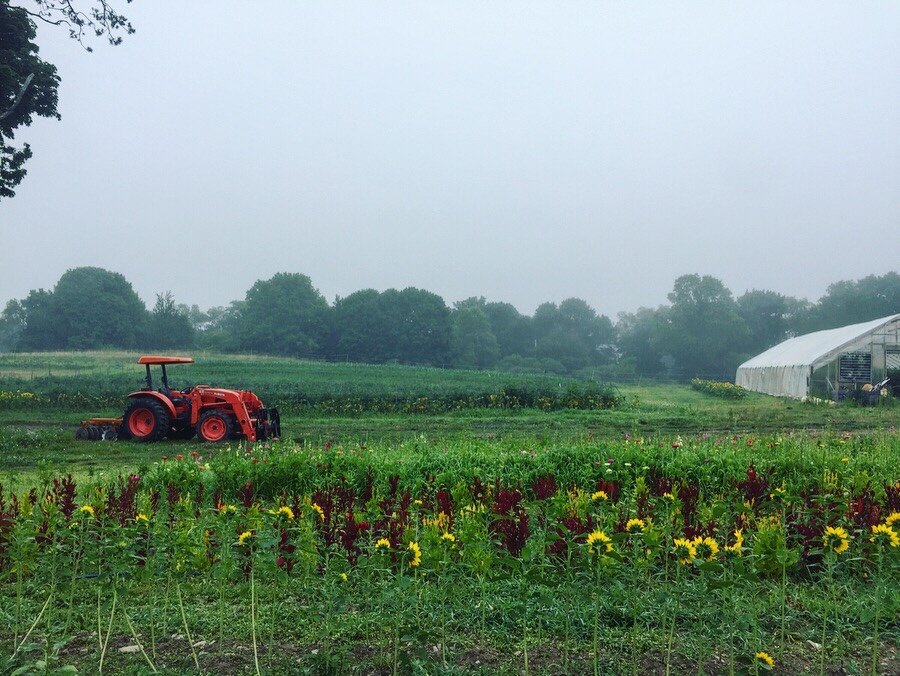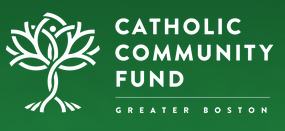Our Story
In 2012, a group of local organizations came together with an idea to address the social, environmental, and food justice challenges on the North Shore by creating a community farm based at Sisters of Notre Dame de Namur, land that was formerly the Saracen dairy farm. The land could become a working laboratory to promote justice through growing and distribution of healthy food.
At the same time, the Town of Ipswich released an agricultural study calling for more local food production, revitalizing underused farmland, and community involvement in agriculture. In 2015, The Cuvilly Arts and Earth Center, a ministry of the Sisters, graciously offered up its campus and support, and Three Sisters launched our first growing season that spring as a project of Cuvilly. In 2018 we became an independent organization with our own 501c3 nonprofit status.
Who are the Three Sisters?
The Three Sisters Garden Project gets its name from a Native American gardening practice in which corn, beans and squash are three inseparable sisters planted together. The tradition of this practice being called “the three sisters” originated with the Haudenosaunee, also know as the Iroquois. The three crops benefit from each other because the corn stalks provide a structure for the beans to climb, eliminating the need for poles. The beans provide nitrogen to the soil that the other plants use, and the squash spreads along the ground as a living mulch, keeping soil moist, preventing weeds, and deterring pests. In addition, the three sisters make up a complete diet: corn provides carbohydrates; beans supply protein; and squash is rich in vitamins. Finally, since each of the three sisters is from a different crop family, they are susceptible to different diseases and pests, making the polycultural planting more resilient than monocultures. The traditional three sisters work together in harmony, which is our vision for our farm: working with partners to feed the community around us.
Update on Our Farm Name
For the last few years, we have received thoughtful feedback from the community and have been doing our own thinking about our farm name, Three Sisters. The Three Sisters' companion planting method comes from indigenous people, and is not our own. To better honor and respect native and indigenous people who are very much still here, we are starting the process of changing our farm name.
Our mission and values to feed people in our community is about access and inclusion: to continue to use this name that doesn't belong to us doesn't fit with that mission and values. We'll keep you posted and look forward to sharing a new name with you later this year!
more resources:
Cultural appropriation vs. appreciation (from Indigenous Corporate Training)
What is cultural appropriation? Lessons learned from the "wellness" industry, (from Native Governance Center)
Ancient seeds feeding community in Lac Courte Oreilles Ojibwe reservation near Hayward, Wisconsin (Chicago Tribune)
Reading list about indigenous farm and garden methods (Northern Arizona University)
We partner with several local food access partners to distribute our fresh produce to people facing food insecurity in our region. Informed by the Upper North Shore Food Study, we also collaborate with several other community groups in an effort to promote a sustainable local food system throughout the region.
We are also staying true to our roots of promoting food justice through engaging the community as part of our mission. We are so grateful to the Sisters of Notre Dame and Cuvilly for nurturing and providing the home base for our organization, as well as all the partners making our work possible.

